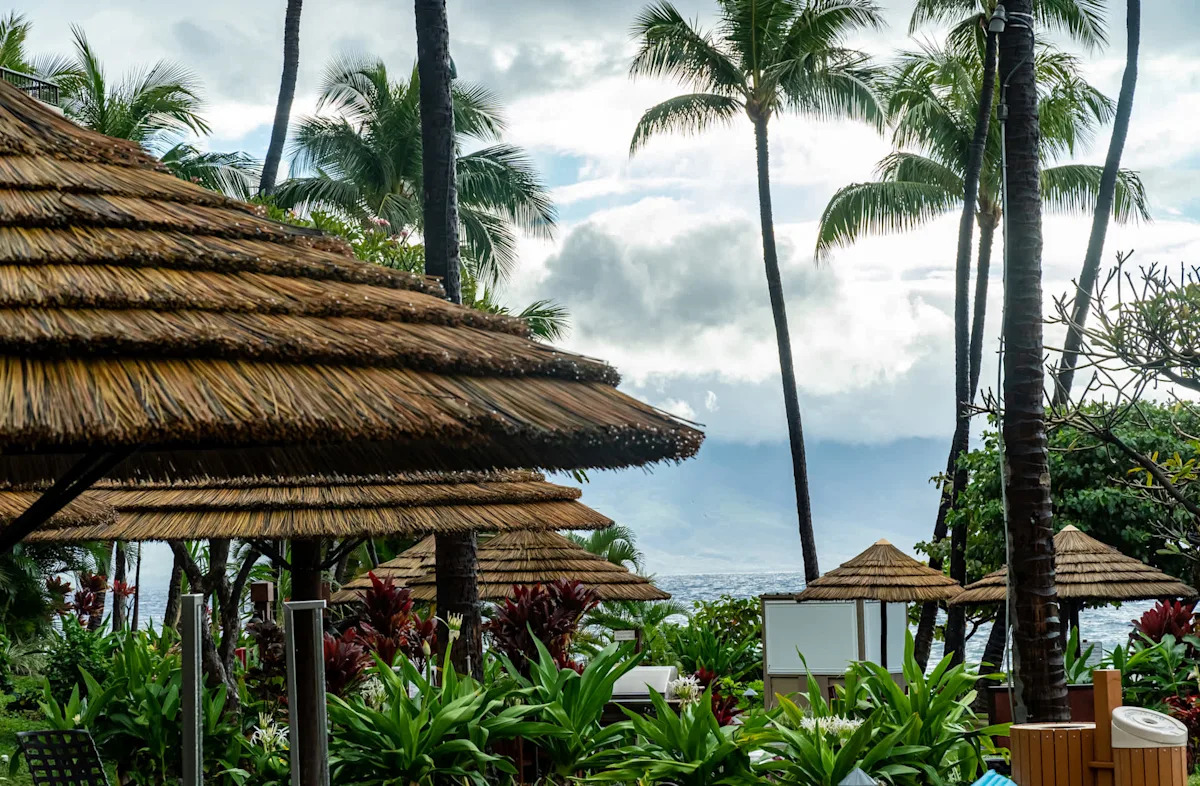Local advocates have called for a temporary ban on high-risk imports to their Hawaiian island, hoping to protect their home from an invasive threat that has now been found on other islands throughout the state.
Moloka’i is the only populated Hawaiian island without any confirmed reports of the coconut rhinoceros beetle. The insect, feeding on sap and destroying bark, poses a hazard to coconut trees as well as papaya, banana, and kalo, according to Hawai’i Public Radio (HPR) — all crucial to area communities and ecosystems.
The Guardian previously reported that while the beetles were first identified in Hawai’i about a decade ago, uncovering a higher number on Kauai in 2023 pointed to a more concerning problem. More recently, two of the beetles were found on the Big Island of Hawai’i in March. Several more were identified on Lanai later in the spring “in plants that were shipped from Oahu,” according to Hawai’i News Now.
To prevent the infestation from spreading to Moloka’i next, residents and organizers Kunani and Ipo Nihipali submitted a petition in July to argue for an interim rule prohibiting imports likely to transport the insects, such as plants, soils, and mulch, HPR reported. However, the state’s Department of Agriculture and Biosecurity rejected the proposal, stating it was too restrictive.
“We know that prevention is key and it’s the easiest way to combat invasive species,” said Lori Buchanan of the Maui Moloka’i Invasive Species Committee, per Hawai’i News Now. “We need help.”
Buchanan told HPR that agricultural inspections across the state have already demonstrated deficiencies and that Moloka’i does not have inspectors on the island anyway.
About a week after the department’s denial, the Nihipalis brought the proposal before the Board of Agriculture and Biosecurity, which unanimously supported it.
“There’s an urgency … every day that goes by,” said Kunani Nihipali, a member of the Moloka’i Niu Now organization, which supports local coconut growth.
While some residents have been concerned about the proposed ban due to their reliance on landscaping products that would be blocked by it, Buchanan told Hawai’i News Now that many have come on board, learning of on-island alternatives that could be used instead.
Advocates warn that invasive species, such as the coconut rhinoceros beetle, can harm biodiversity not only by outcompeting native species for resources but also by destroying certain flora and fauna as they eat and make homes in natural habitats.
While slowing imports may hurt residents in the short term, preventing the beetle from making a home on Moloka’i will protect culturally and economically valuable plants and produce.
“In our recorded history, our lives depend on niu [coconut],” Kunani told the board, per HPR. “It’s a sacred plant. It’s part of our lifestyle. It’s in our diet, it’s sustenance, it’s shelter, it’s materials and ceremonial needs, and most of all, it’s for us on Moloka’i, in particular, food security.”
As of late August, the Board of Agriculture and Biosecurity has advanced the proposed temporary ban to the Advisory Committee on Plants and Animals for review and recommendation, according to the radio outlet. The board is expected to vote on the proposal on September 23, while Moloka’i community members anxiously await a resolution to what they understand to be a pressing matter.
Join our free newsletter for good news and useful tips, and don’t miss this cool list of easy ways to help yourself while helping the planet.

